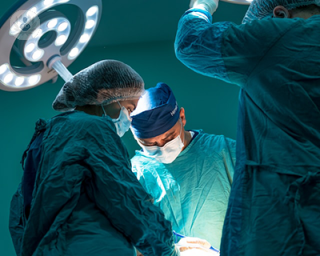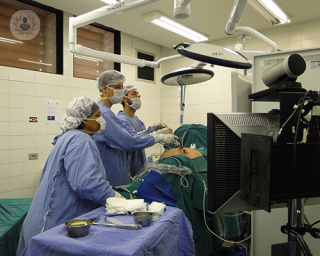
Por Mr Yousaf Akhtar
06.01.25
Cirugía general
Benign skin lesions in general surgery
Benign skin lesions are non-cancerous growths or abnormalities on the skin that can present in various forms, such as moles, cysts, lipomas, and skin tags. While they are generally harmless, some may require medical attention or removal for specific reasons. General surgeons often play a vital role in assessing and managing these lesions, ensuring both safety and optimal outcomes for patients.


















